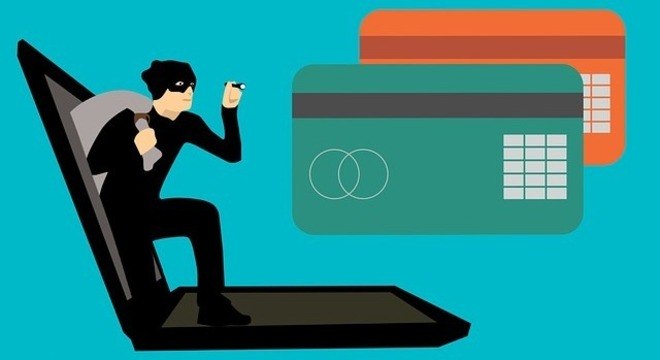In an age of increasing digital transactions, credit card fraud has become a prevalent issue affecting millions worldwide. According to the Federal Trade Commission’s Consumer Sentinel Network, identity theft, which includes credit card fraud, accounted for over 490,000 reports in a recent year. Knowing what steps to take if you’re a victim of credit card fraud is crucial to mitigating its impact on your financial well-being.
Understanding Credit Card Fraud
Credit card fraud occurs when unauthorized charges are made on your credit card, either through stolen information, skimming devices, phishing scams, or data breaches. It can range from small unauthorized purchases to more significant financial losses.
Signs of Credit Card Fraud
Recognizing potential signs of credit card fraud is essential. These signs may include:
- Unrecognized charges on your credit card statement
- Missing or lost cards
- Calls or notifications regarding purchases you didn’t make
- Unexpected changes in your credit score
Immediate Actions Upon Discovery
- Contact Your Credit Card Issuer: Immediately call your credit card issuer to report any unauthorized transactions. They can freeze your account to prevent further charges and issue a new card.
- File a Fraud Report: Contact the credit bureaus (Equifax, Experian, TransUnion) to report the fraud and request a fraud alert or credit freeze on your accounts.
- Document Everything: Keep records of all communications with your credit card issuer, banks, and any related authorities. This documentation can serve as evidence and support for your case.
Legal Protections and Responsibilities
Under the Fair Credit Billing Act (FCBA) and the Electronic Fund Transfer Act (EFTA), consumers are protected against unauthorized charges. If you report the fraud promptly, you’re typically not responsible for the unauthorized charges. Most credit card companies have zero-liability policies for fraud.
Under the umbrella of consumer protection laws like the Fair Credit Billing Act (FCBA) and the Electronic Fund Transfer Act (EFTA), individuals hold certain rights when faced with unauthorized credit card charges. These legislations serve as shields, offering recourse to victims of credit card fraud.
Prompt reporting is pivotal in invoking these protections. If you detect and report fraudulent activities on your credit card in a timely manner, the FCBA and EFTA typically absolve you of responsibility for the unauthorized charges. This means that, legally, you’re not held accountable for the financial ramifications of these fraudulent transactions.
Most major credit card companies have adopted zero-liability policies for cases of fraud. These policies serve as an additional layer of protection for consumers, offering assurances that they won’t be held financially liable for unauthorized charges made on their cards. However, it’s important to review the specific terms and conditions of your credit card issuer’s zero-liability policy to understand the extent of coverage and any conditions that may apply.
Preventative Measures and Best Practices
- Regularly Monitor Your Accounts: Frequently check your credit card statements, online banking, and credit reports for any suspicious activity.
- Use Secure Payment Methods: Be cautious when providing credit card information online and ensure you’re using secure websites for transactions.
- Keep Information Secure: Safeguard your personal and financial information. Be cautious about sharing sensitive data and use strong, unique passwords for online accounts.
Seeking Resolution and Follow-Up
Work closely with your credit card issuer to resolve the issue. They might conduct an investigation into the fraudulent charges. Follow up with them regularly to ensure your case is progressing and to address any additional concerns.
Collaborating with your credit card issuer is pivotal in navigating the aftermath of credit card fraud. Upon reporting the unauthorized charges, the issuer typically initiates an investigation into the fraudulent activity. They’ll examine the transactions in question, aiming to identify any irregularities or discrepancies. This investigation might involve reviewing purchase details, timestamps, and locations to ascertain the legitimacy of the charges.
During this period, maintaining open communication with your credit card issuer is crucial. Ensure you provide any requested information promptly and accurately. This might include filling out fraud dispute forms, providing specific details about your usual spending patterns, or offering additional documentation to support your claim.
While the investigation progresses, stay vigilant about following up with your issuer. Regular communication allows you to stay informed about the status of your case. It also provides an opportunity to address any concerns or questions that may arise during the process.
Conclusion
Credit card fraud can be distressing, but taking swift action and understanding your rights can significantly minimize its impact. By promptly reporting any suspicious activity, staying vigilant, and employing preventative measures, you can protect yourself against credit card fraud and safeguard your financial well-being.
Remember, being proactive is key in combating credit card fraud. Stay informed, monitor your accounts, and act swiftly if you suspect any fraudulent activity to mitigate potential losses.











